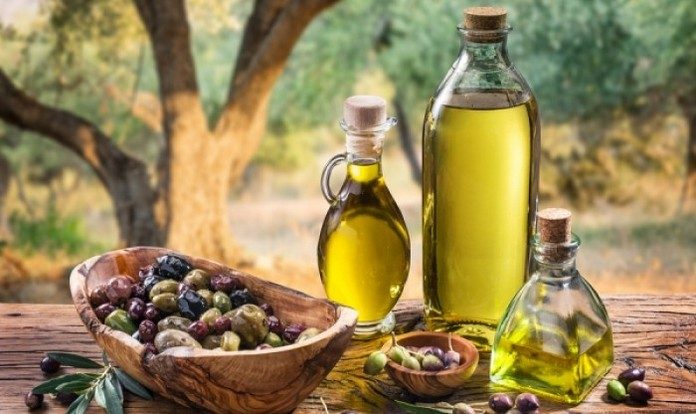- ‘Olive extraction mills and mobile units will be installed during the next crop season under public-private partnership’
ISLAMABAD: The government is set to install three olive oil extraction mills and six mobile oil extraction units across the olive producing areas in the county in order to facilitate the olive farmers as well as to reap maximum benefits through value addition of the local produces.
“These extraction mills and mobile units would be installed during the next crop season under a public-private partnership. The initiative is aimed at promoting the olive cultivation and oil production on a large-scale commercial basis,” said National Agriculture Centre’s Olive Development Programme Director Dr Muhammad Tariq.
Talking to APP on Wednesday, he said that promotion and development of olive on a large-scale commercial basis would not only help reduce the country’s reliance on imported oil to fulfill its domestic requirements, but would also provide super hygienic edible oil to local consumers.
Besides, he said that the development of olive would help save the precious national foreign exchange reserves worth over $3.7 billion, which was being used on the import of edible oil.
Dr Tariq said for olive cultivation in the next season, about 600,000-acre land has been identified in Balochistan, Khyber Pakhtunkhwa, Federally Administered Tribal Areas, Wana and Pothar Region, adding that olive plantation has so far been completed over 100,000 acres with over five million live plants.
He said that olive plantation has witnessed an encouraging trend in the country, as around 500,000 to 600,000 olive plants are planted every year. Olive was cultivated over 50,000 acres during the last year, he noted.
“Out of the total cultivated crop, about 50pc plants reached its fruiting stage. Every year, the output witnesses an encouraging increase. If the ratio continued in the same spirit, economic benefits of Rs25 billion would be injected in the national economy,” he stated.
Dr Tariq said that in order to ensure the maximum survival of the plants, drip irrigation system has been installed over 450 acres, while work on the development of local nurseries is also in progress to produce high yielding plants as per the local ecological requirements.
The project director said that about 18 training programmes have been organised where 30-35 farmers are being trained in every session.




